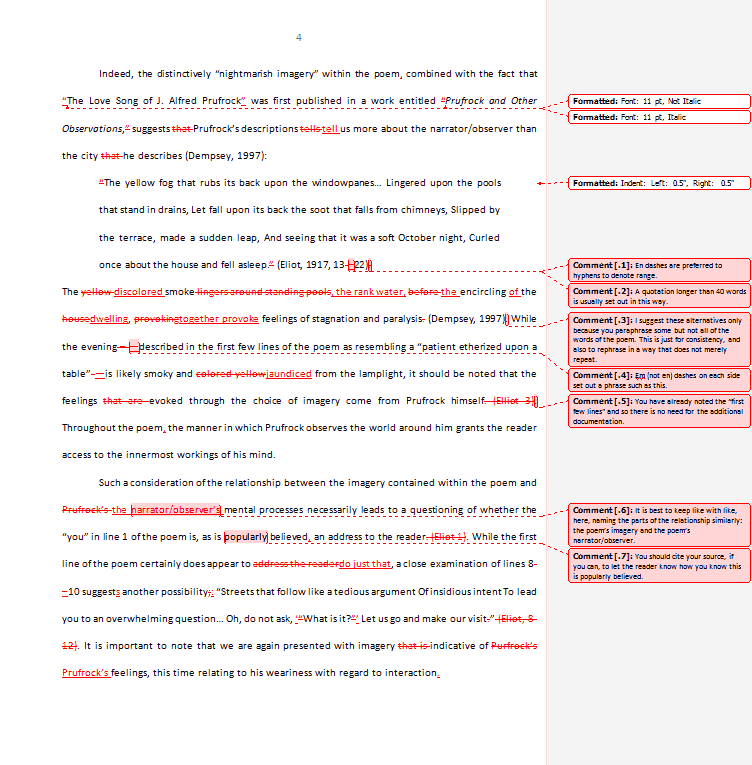


to suggest that writers not worry about editing during the early stages of a writing project. It has become commonplace for postsecondary writing instructors in the U.S. If possible, however, you are wise to set the draft aside and work on another task before trying to edit it. How Can I Improve My Editing Skills?Īfter working hard to develop the substance of a message, you may be weary of it and eager to turn it over to your instructor. your professionalism, your preparedness to get the job done, may be questioned.your readers, listeners, users may not be able to understand you.Yet the bottom line is that people may make judgments about your competencies as a researcher, thinker and communicator based on your writing-style. In informal and personal occasions, you might even sound a bit odd if you edited your language for Standard English. Sometimes it’s fine to ship off a text without editing it. That single comma can matter in terms of dramatically altering how the document should be interpreted. Well, what if your friend had meant to say “No, price to high.” So then you buy the car and drive it over to your friend to show it off. “No price too high” your friend tells you. You ask your friend if the price is right. So, imagine this situation: imagine you are deciding to purchase a used sports car and you reach out to a friend who knows a lot about older sports cars. Significance: Why Does Editing Matter?Ĭommunication, literacy, interpretation-these are complex processes with loads of missing parts. In contrast, proofreaders focus on rules, citation conventions, diction, grammar, and mechanics. Editors adopt a somewhat broader critical lens: For instance, they could move whole paragraphs and sections around.In turn, subject matter experts in Writing Studies distinguish between editing and proofreading: In contrast, when editing, writers know what they say and they’re just trying to strip away the deadwood. They may still be trying to figure out what they want to say. When revising, writers are engaged in strategic searching.In contrast, when revising, writers consider big picture matters such as whether the text addresses the constraints and affordances of the rhetorical context. When editing writers focus on local matters such as organization, diction and sentence-level matters.However, in Writing Studies, editing and revision are separate processes: What one writer might call editing another might call revision. RevisionĮditing processes overlap with revision processes.

Related Concepts: Global Perspective Local Perspective Proofreading Revision Structured Revision Styles of WritingĮditing may also be referred to as rewriting, revising, modifying, and rewording. simplify, eliminate wordiness, and facilitate clarity.adopt a voice, tone, persona, and writing style appropriate for a rhetorical situation.eliminate errors that undermine communication.For example, writers, speakers, knowledge workers. DefinitionĮditing is the act of critically reviewing a text with the goal of improving it in some way. Conventionally, editing is imagined as the teacher's red pen and markup of documents.


 0 kommentar(er)
0 kommentar(er)
